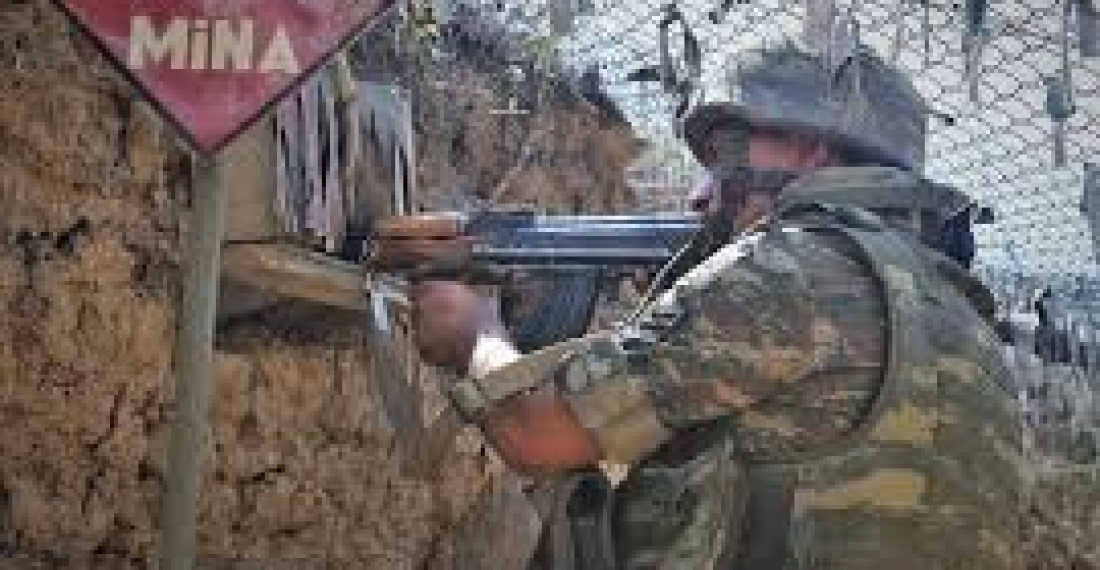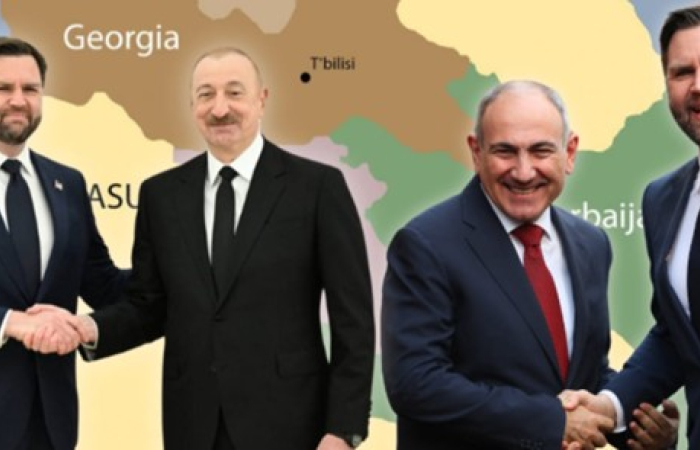Azerbaijan has reported another incident on the northeastern sector of its border with Armenia near the Tovuz region, where an Azerbaijani soldier was reported killed this morning. He was named as Elshan Mammadov Ali oglu by Azerbaijani Defence Ministry sources.
Shortly afterwards the Azerbaijani Foreign Ministry issued a statement in which it said that "The military-political leadership of Armenia bears all the responsibility for this bloody crime committed by enemy forces on the Armenian-Azerbaijani border. May God bless our martyr who died for the sovereignty and territorial integrity of our state, protecting the internationally recognized borders of Azerbaijan!"
The statement referred to an earlier statement issued by the Armenian foreign ministry (read more here), adding that "this bloody provocation is a clear demonstration that the real intention of the Armenian leadership is not peace, but the continuation of aggression."
source: commonspace.eu with agencies







